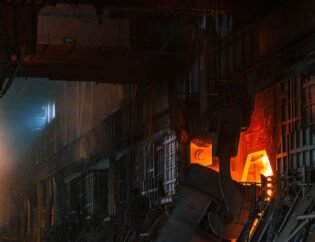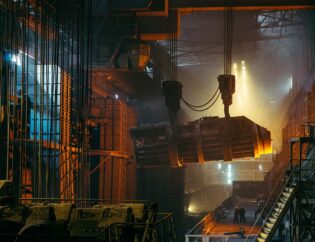
In the world of construction, the foundation of success lies in the quality of materials used. From towering skyscrapers to humble homes, the durability, reliability, and resilience of a structure are intrinsically tied to the materials that compose it. In this article, we explore the pivotal role of quality construction materials in shaping the landscape of modern architecture and engineering.
The Importance of Quality Materials:
The construction industry is built upon the principle of longevity. Structures are meant to withstand the test of time, weathering storms, earthquakes, and the passage of years without compromising safety or integrity. At the heart of this resilience are quality construction materials.
- Durability: Quality materials, such as high-grade steel, reinforced concrete, and premium lumber, are chosen for their ability to withstand stress, strain, and environmental factors. These materials ensure that buildings remain standing tall, providing shelter and security for generations to come.
- Reliability: In construction, reliability is paramount. Whether it's the strength of a foundation or the stability of a roof, every component must be dependable. Quality materials undergo rigorous testing and certification processes to guarantee their performance, giving builders and homeowners peace of mind.
- Safety: Safety is non-negotiable in construction. Inferior materials can compromise the safety of occupants, leading to catastrophic failures and accidents. By investing in quality materials that meet stringent safety standards, builders mitigate risks and prioritize the well-being of those who inhabit the structures they create.
The Evolution of Construction Materials:
Advancements in technology and engineering have ushered in a new era of construction materials, offering greater strength, versatility, and sustainability than ever before.
- Innovative Composites: Modern construction materials, such as carbon fiber composites and fiber-reinforced polymers, offer unparalleled strength-to-weight ratios, allowing for lighter, more resilient structures.
- Green Building Materials: Sustainability is a growing concern in the construction industry, driving the development of eco-friendly materials like recycled steel, bamboo, and engineered wood. These materials not only reduce environmental impact but also contribute to energy efficiency and long-term cost savings.
The Future of Construction:
As we look to the future, the role of quality construction materials will only continue to grow in significance. From smart materials that adapt to environmental conditions to bio-based materials that mimic nature's resilience, the possibilities are endless.
- Smart Materials: Self-healing concrete, photovoltaic glass, and nanotechnology-enhanced coatings are just a few examples of smart materials that promise to revolutionize the construction industry, offering enhanced performance and sustainability.
- Prefabricated Construction: Off-site fabrication and modular construction techniques are gaining popularity, allowing for faster, more efficient building processes. Quality materials play a crucial role in prefab construction, ensuring that each component meets exacting standards before assembly.











